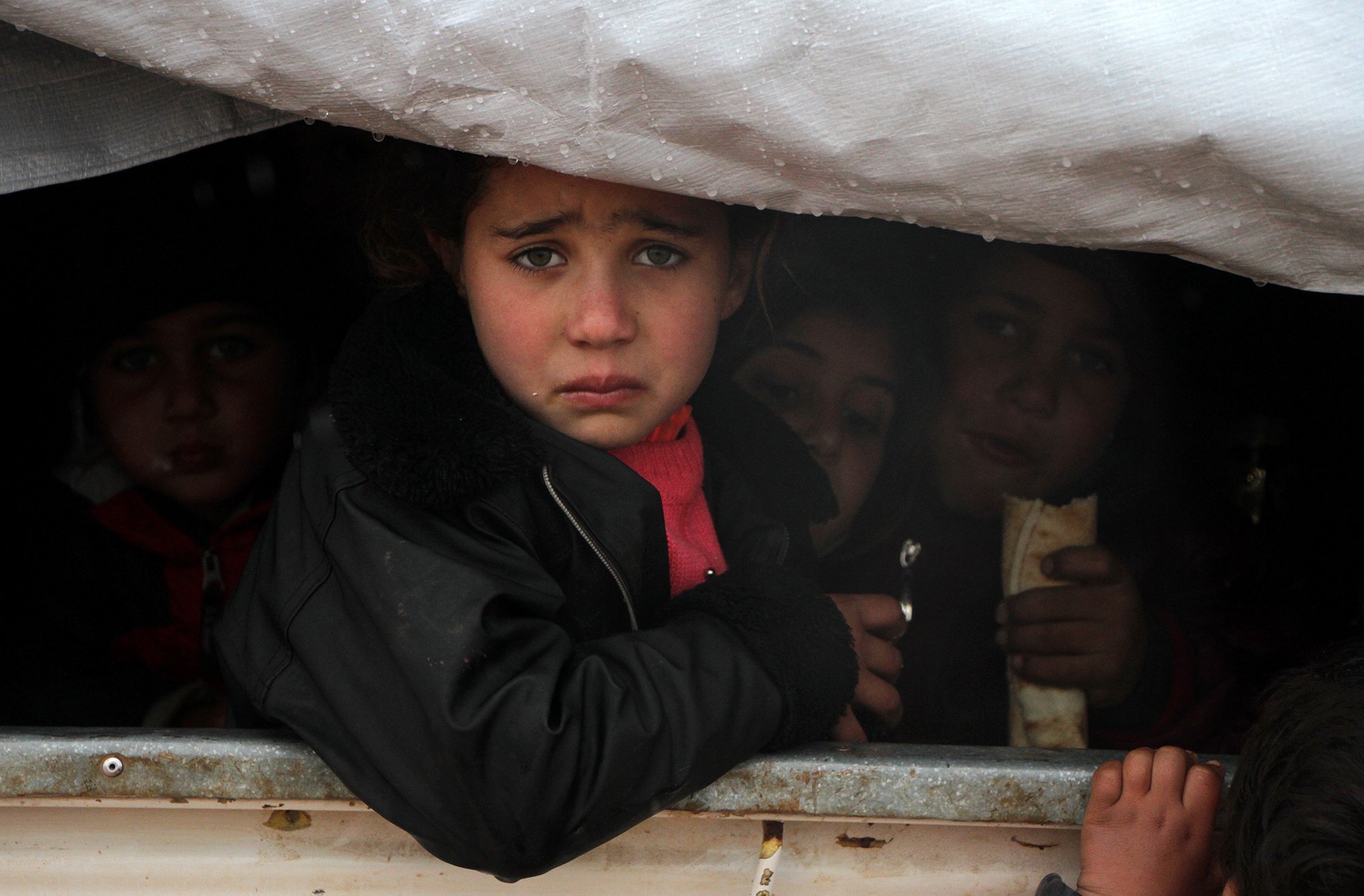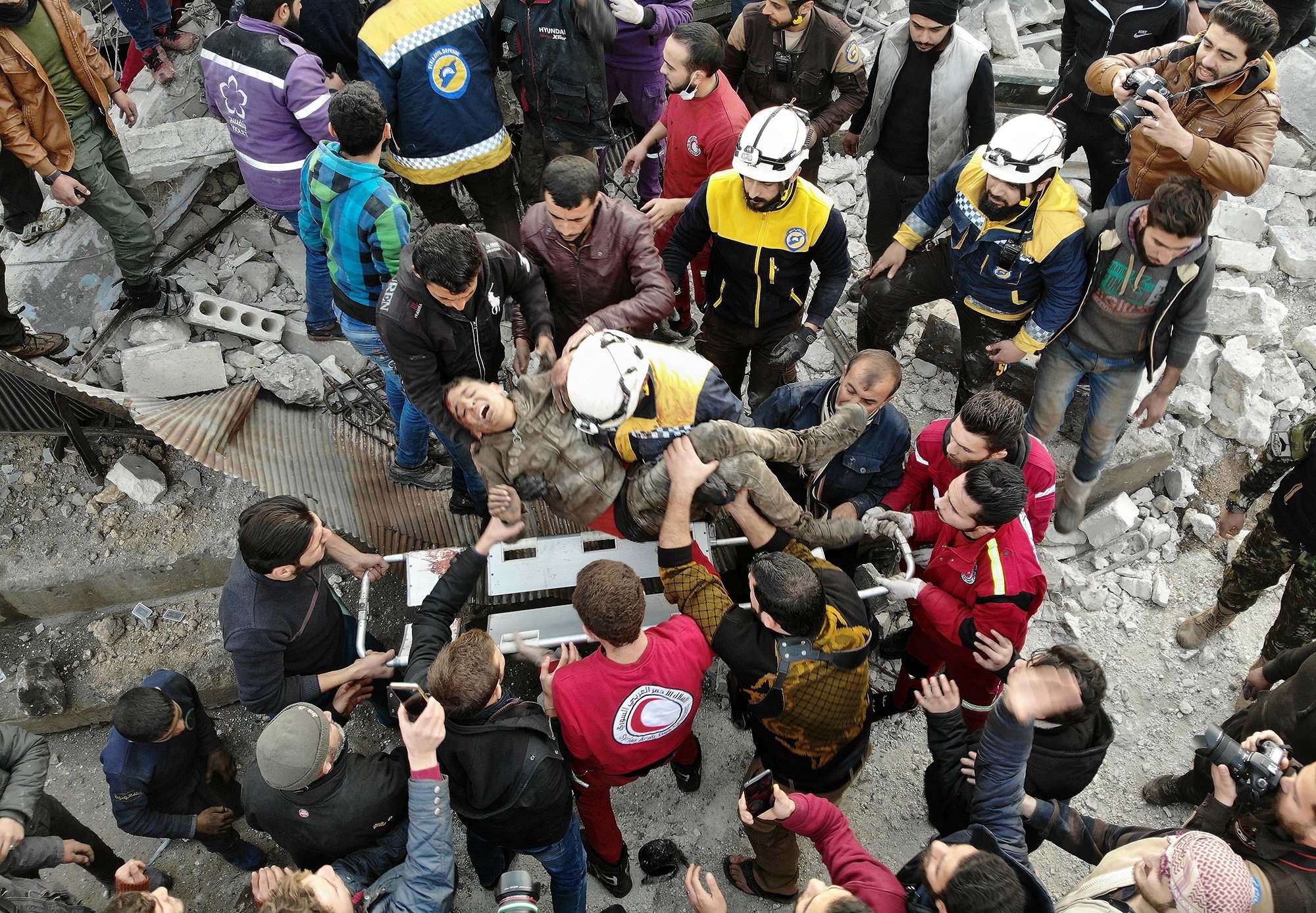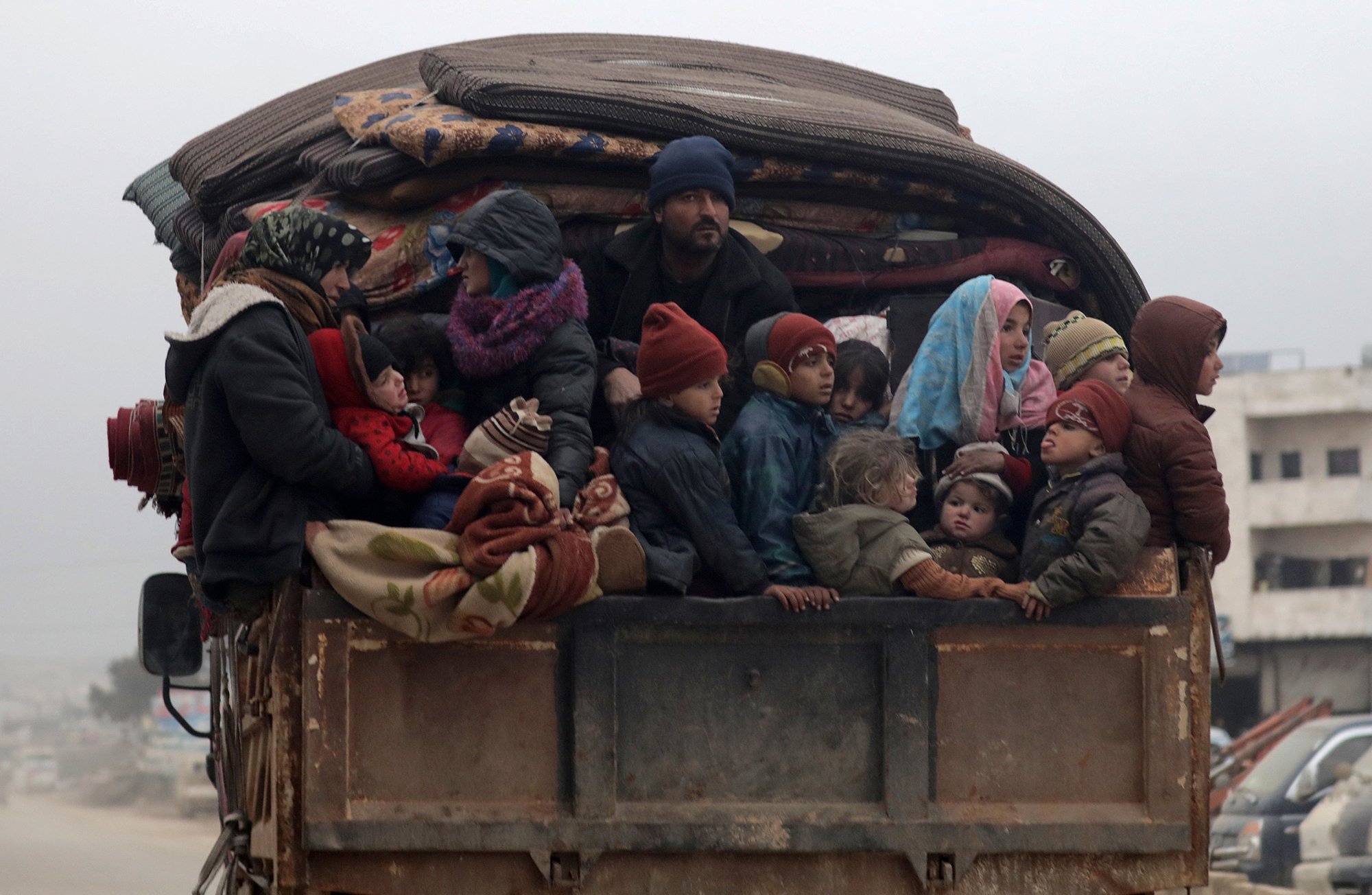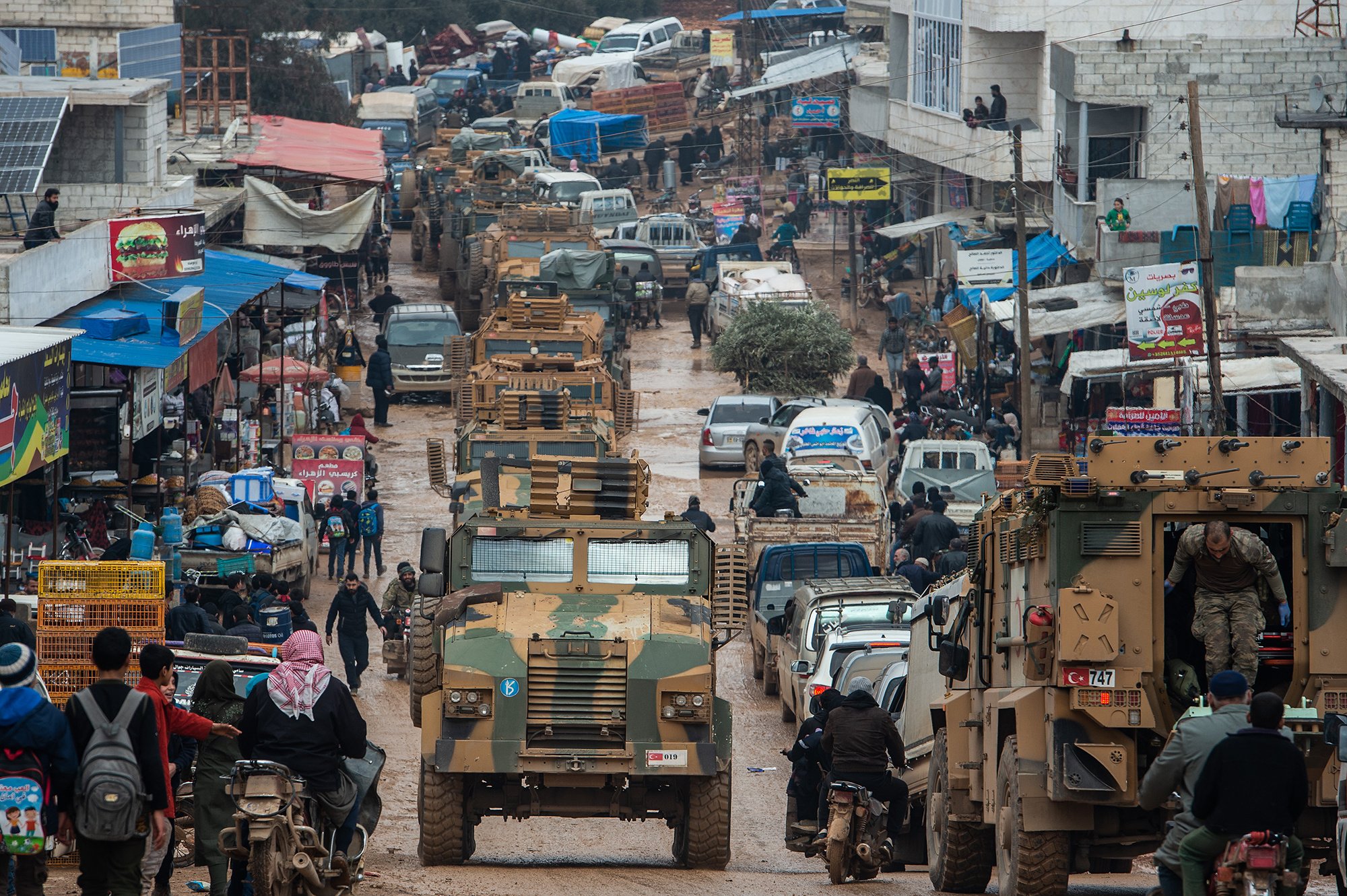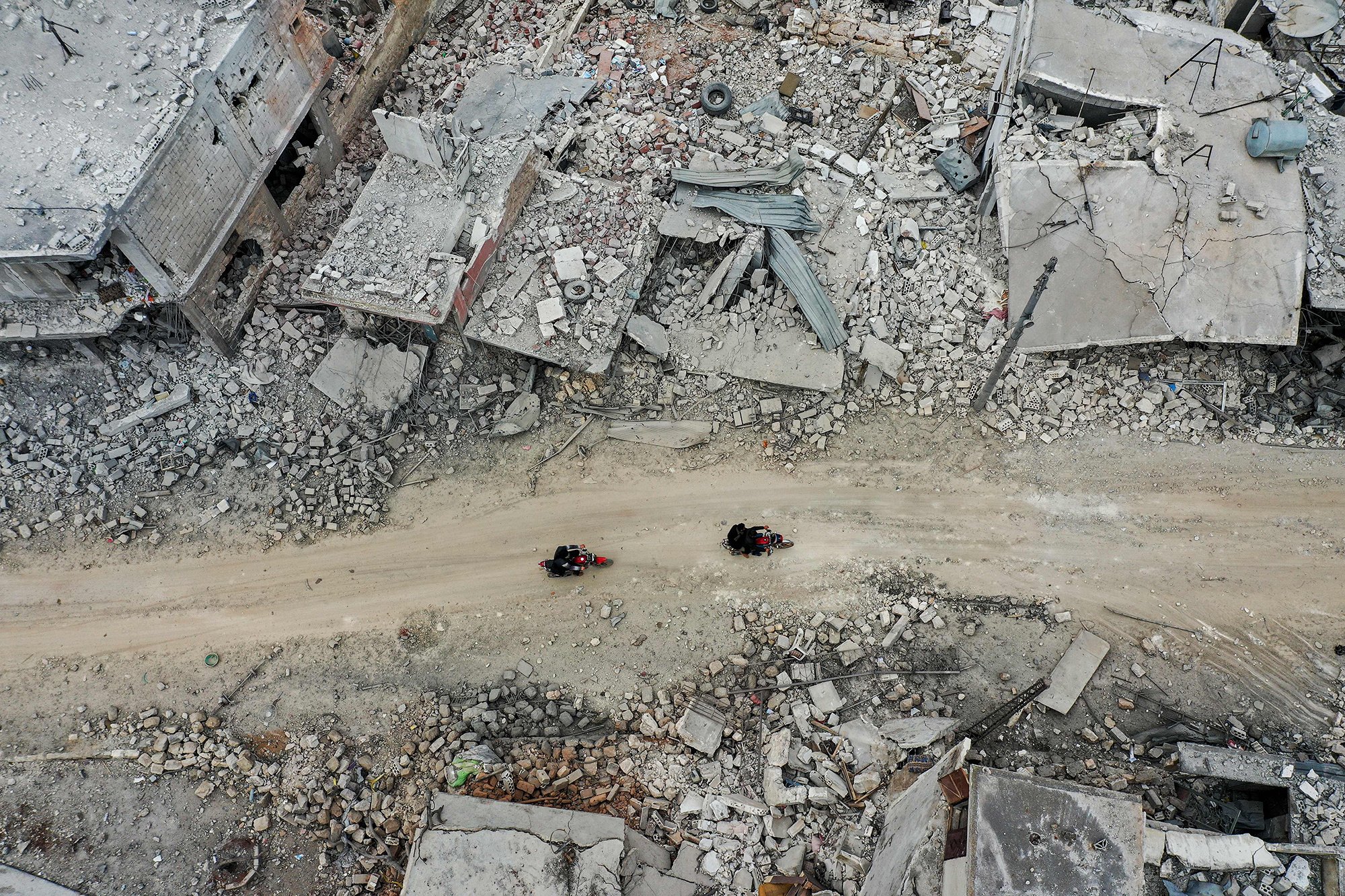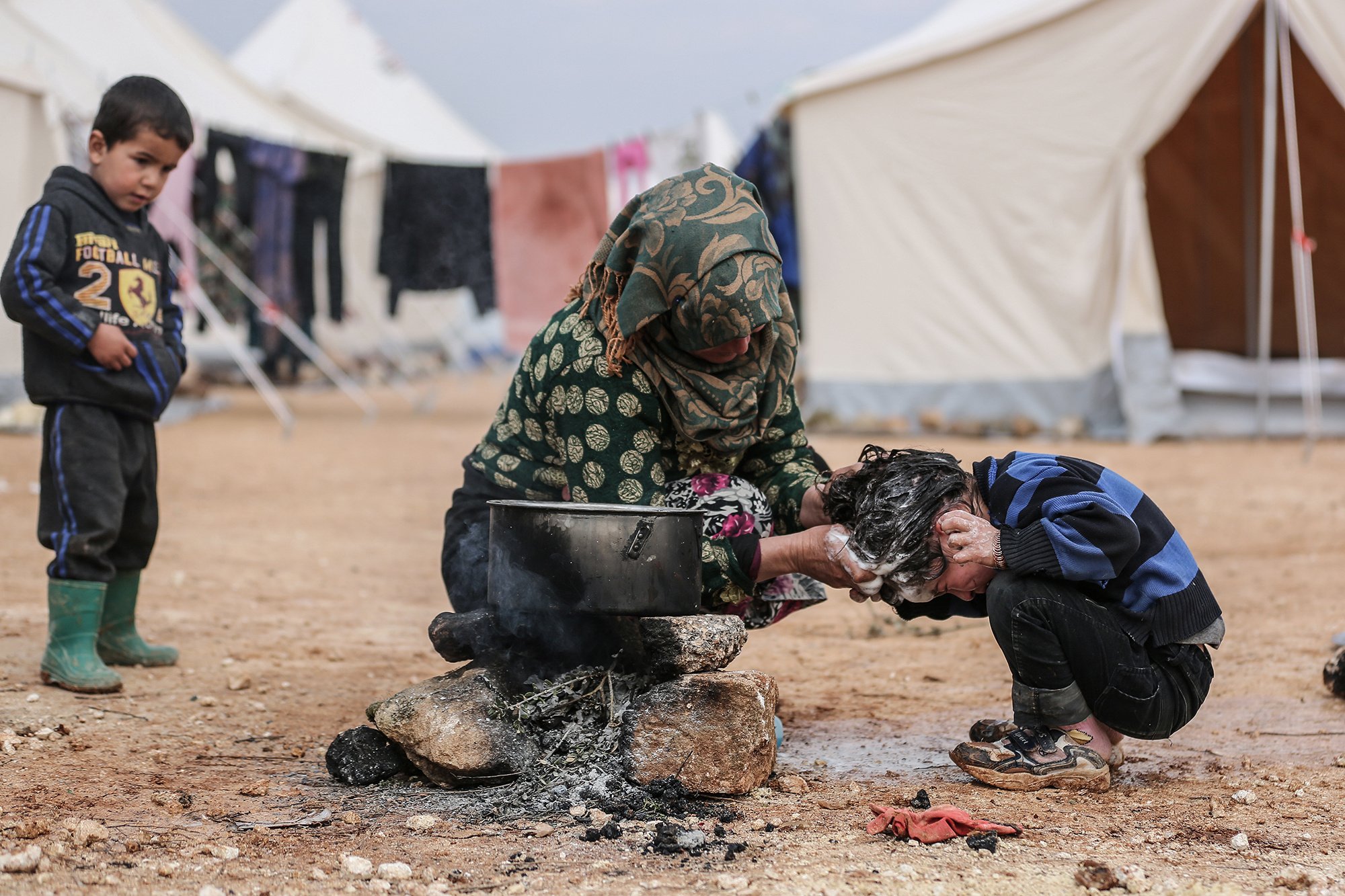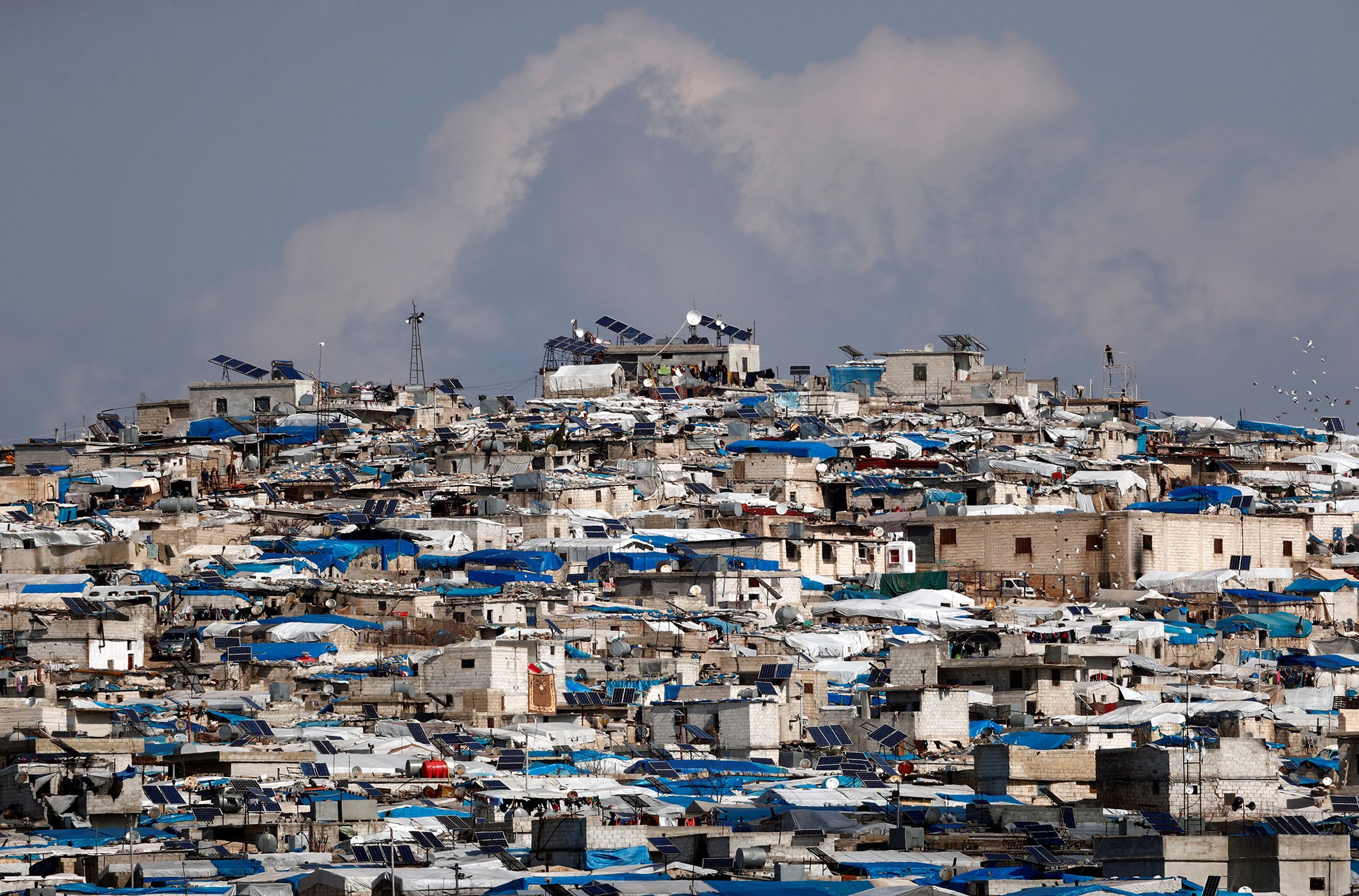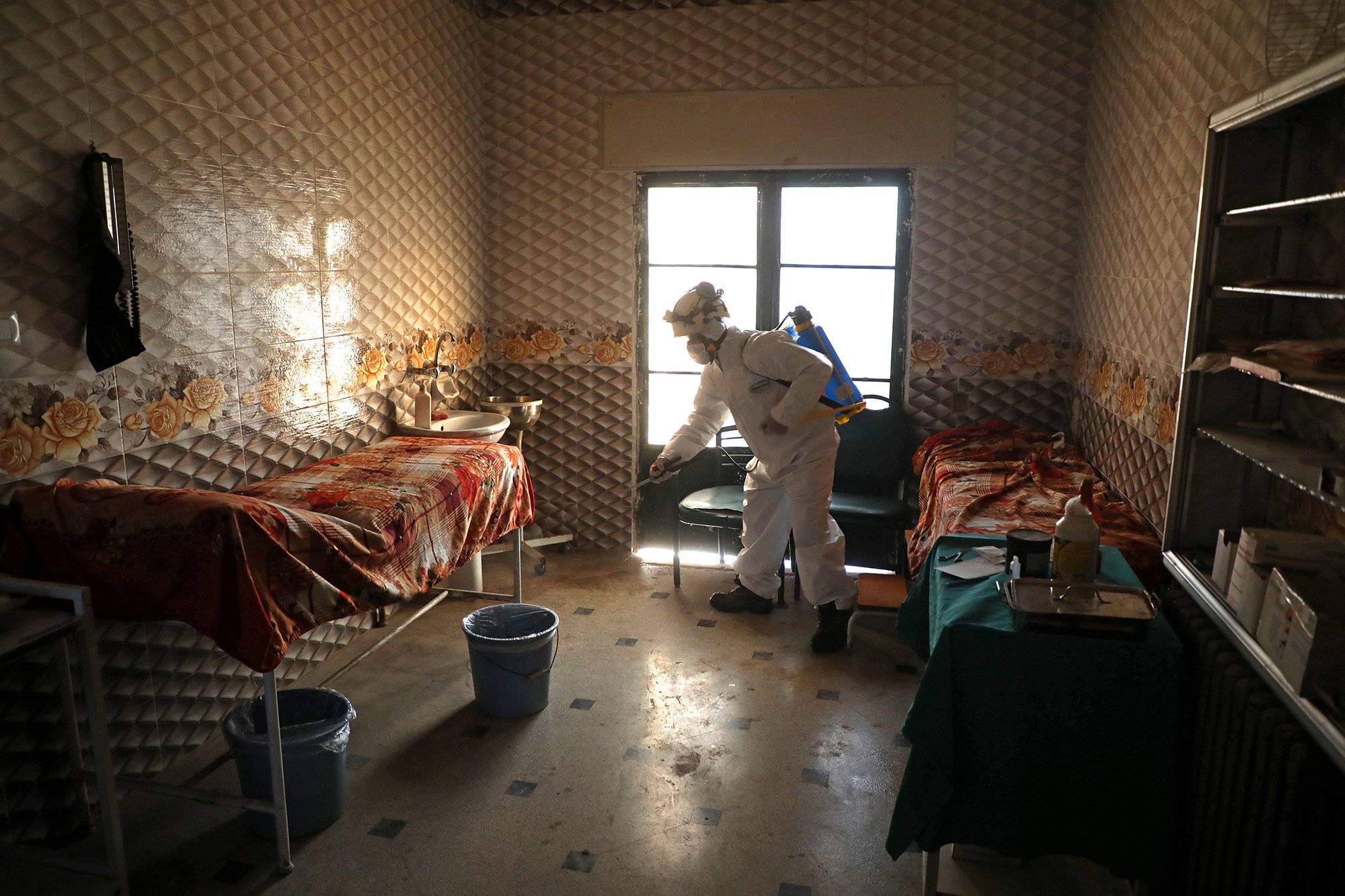In Brief
Can the World Alleviate Idlib’s Humanitarian Disaster Amid a Pandemic?
At the outset of 2020, the conflict in Idlib province was emerging as the worst humanitarian crisis of Syria’s nine-year war. Now, the coronavirus pandemic has made relief efforts even more difficult.
Some three million people have spent months in Syria’s northern Idlib Governorate repeatedly targeted by pro-government forces pressing a brutal military campaign against what is considered the country’s last rebel stronghold. Many of the civilians are women and children in makeshift shelters. The prospect of a local coronavirus outbreak amid the global pandemic has raised alarms that the virus could hit the displaced population particularly hard.
What’s the situation in Idlib?
Among the civilian population are thousands of Syrian rebels, foreign fighters, and extremists from groups including Hayat Tahrir al-Sham and Hurras al-Din. Shelling by Syrian leader Bashar al-Assad’s military and its allies has ravaged the area, leaving many of those living in Idlib to reside in camps and bombed-out buildings, with little protection from the elements.
More on:
In 2018, Idlib was designated a de-escalation zone by Russia—which backs Assad—and Turkey—which backs the rebels—but it has instead become an international flash point. Regime forces launched an offensive to retake Idlib a year ago and revamped its efforts in December. The fighting killed dozens of Turkish troops in February, leading Ankara to retaliate with a military operation of its own. The uptick in violence displaced roughly one million people, 80 percent of whom are women and children, and killed hundreds.
A cease-fire between Russia and Turkey established in early March has quelled some of the violence, but Idlib’s civilians face a new existential threat in the coronavirus pandemic. Combating the virus will be especially difficult as the Assad regime’s indiscriminate shelling has destroyed vital infrastructure, including medical facilities, particularly in the northwestern governorates. And with overcrowded camps and poor access to clean water, civilians in Idlib have little opportunity to practice social distancing or the proper hygiene needed to ward off the virus.
What actions are being taken to help civilians?
The UN Office for the Coordination for Humanitarian Affairs (OCHA) delivered more aid to Idlib in March than it did any time since its cross-border operations began in 2014, bringing food, medical supplies, shelter materials, and cold weather gear. Additionally, on March 3, the United States announced $108 million in assistance for Syrians, but whether that aid can be effectively brought into Idlib remains unclear.
Additionally, measures are underway to prevent a coronavirus outbreak, which could devastate the population. Idlib has yet to report any cases, though tests are pending for possible patients in the region and other governorates have reported cases. Members of the Syria Civil Defense, a volunteer rescue organization better known as the White Helmets, have mounted a sterilization and awareness campaign throughout the country, and the World Health Organization (WHO) is deploying health-care workers and protective gear to Idlib, where it is converting buildings into isolation centers.
What are the prospects for relief?
The grim situation is compounded by civilians’ lack of mobility. Idlib spans part of the Turkish border, which is closed. Turkey already hosts 3.7 million Syrian refugees and says it cannot take more. Moreover, many civilians are unwilling or unable to return to other parts of Syria, which remain under government control. One beacon of hope seems to be the March cease-fire, which has allowed more than thirty-five thousand people to return to their homes.
More on:
Idlib desperately needs more foreign assistance, which is unlikely to come soon. Greater cross-border aid would alleviate the burden on the organizations currently serving the region, but a UN Security Council resolution to increase such assistance was vetoed by China and Russia in December. The Security Council has a July 10 deadline to authorize cross-border aid, though analysts have said that the United States has the muscle to pressure other member states to pass it well before then. Yet, the United States and other powers that normally take the lead in such crises are currently overwhelmed by their own coronavirus outbreaks. Thus, experts say it is likely that the virus will spread within Idlib.
 Online Store
Online Store
